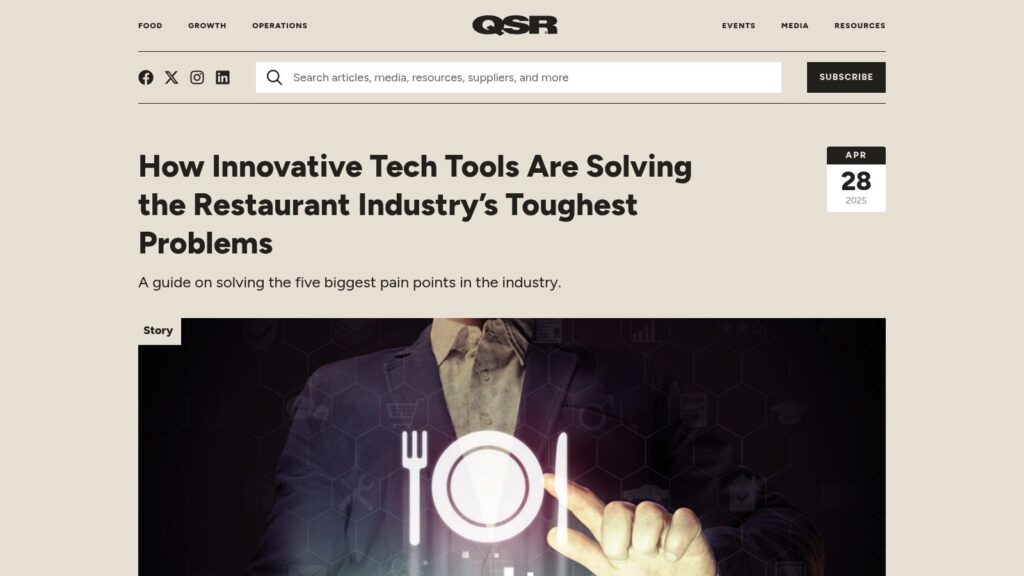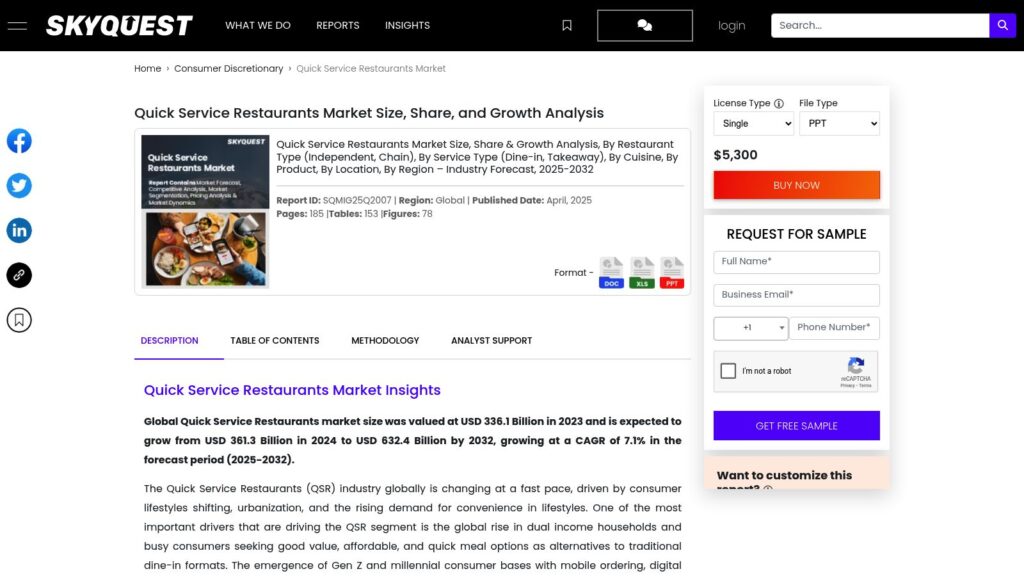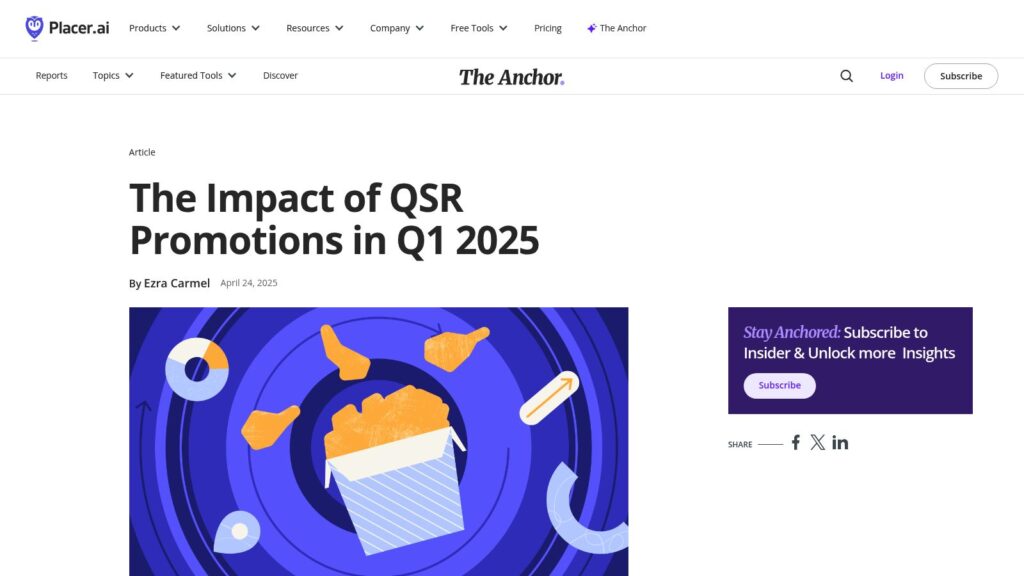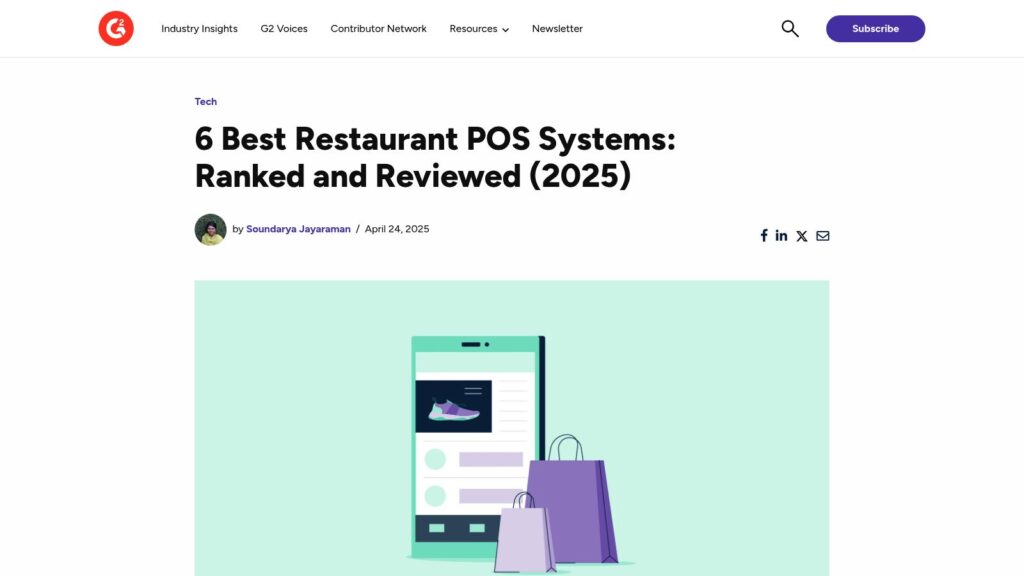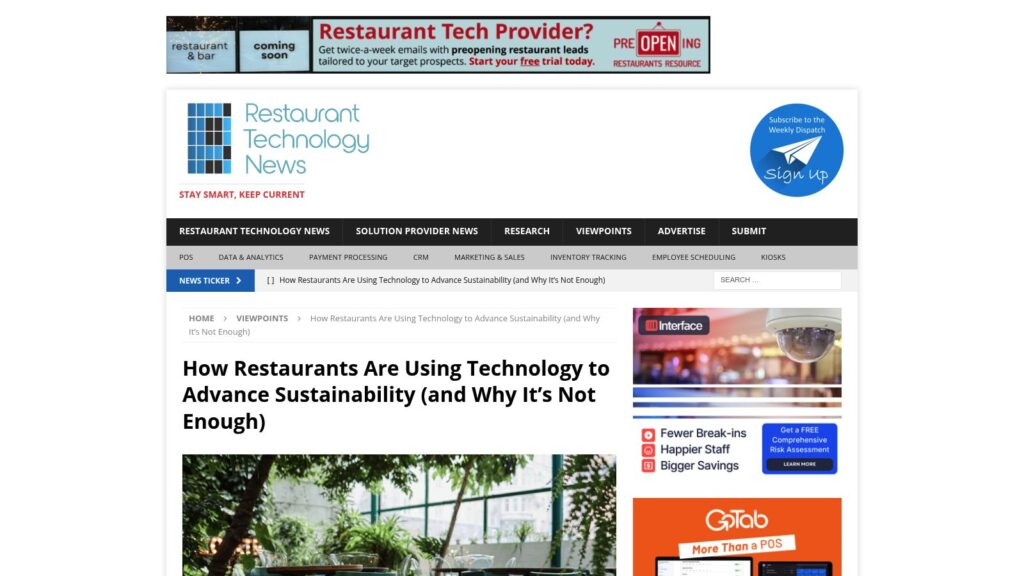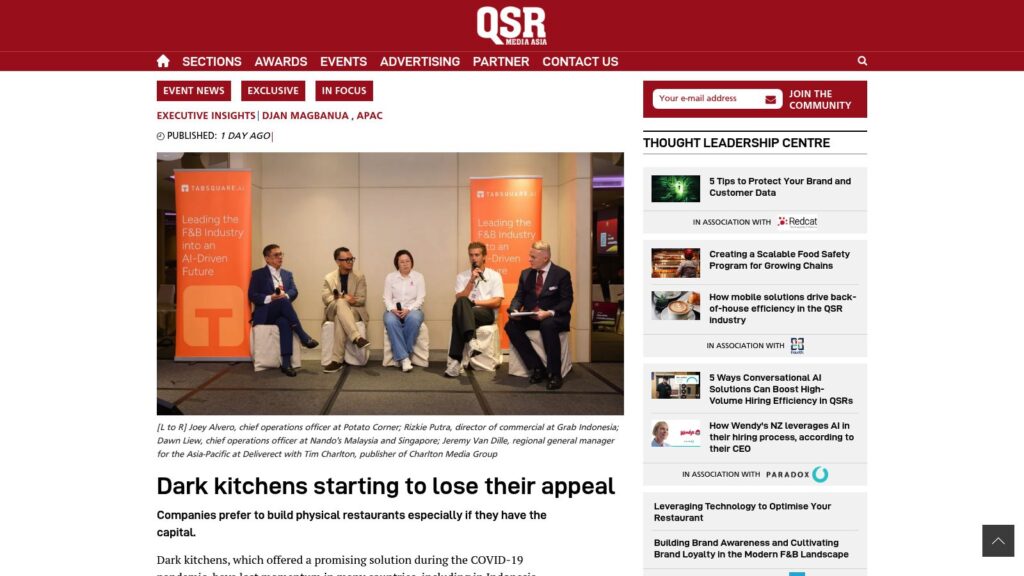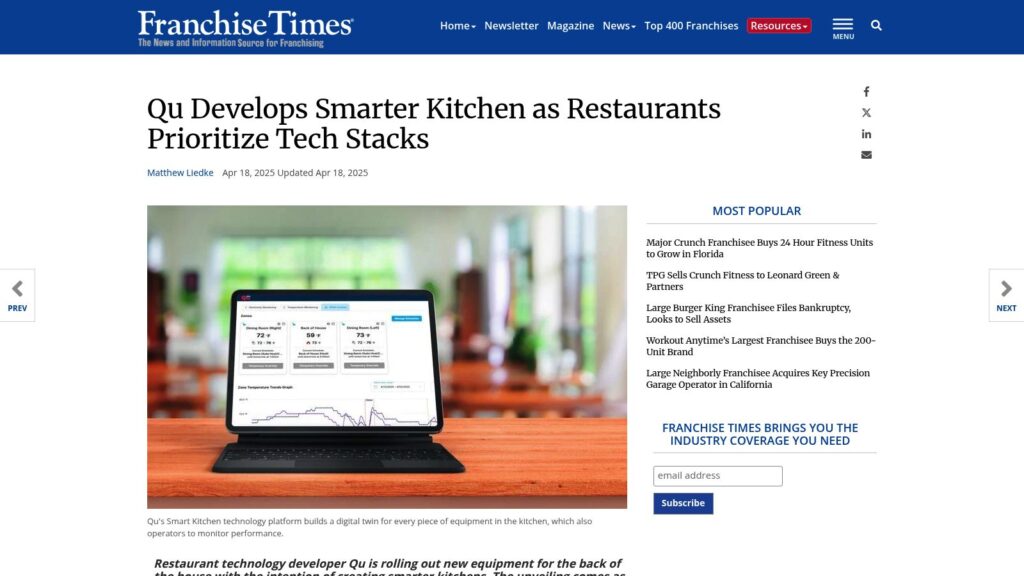How Innovative Tech Tools Are Solving the Restaurant Industry’s Toughest Problems
Tech tools in the restaurant industry tackle five main challenges: driving traffic, increasing check size, improving training, managing costs, and enhancing operational efficiency. In 2024, 73% of operators boosted tech investments to address these issues amid rising costs and changing consumer behavior. Solutions include AI-driven personalized marketing, self-serve kiosks for upselling, mobile training platforms for staff engagement, real-time inventory management tools, and automated tech support services. Embracing these innovations helps create stronger, resilient businesses by enhancing guest experiences and profitability.
